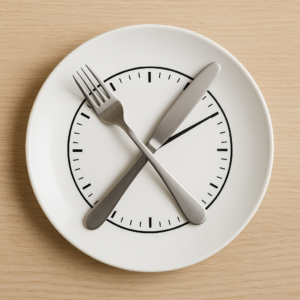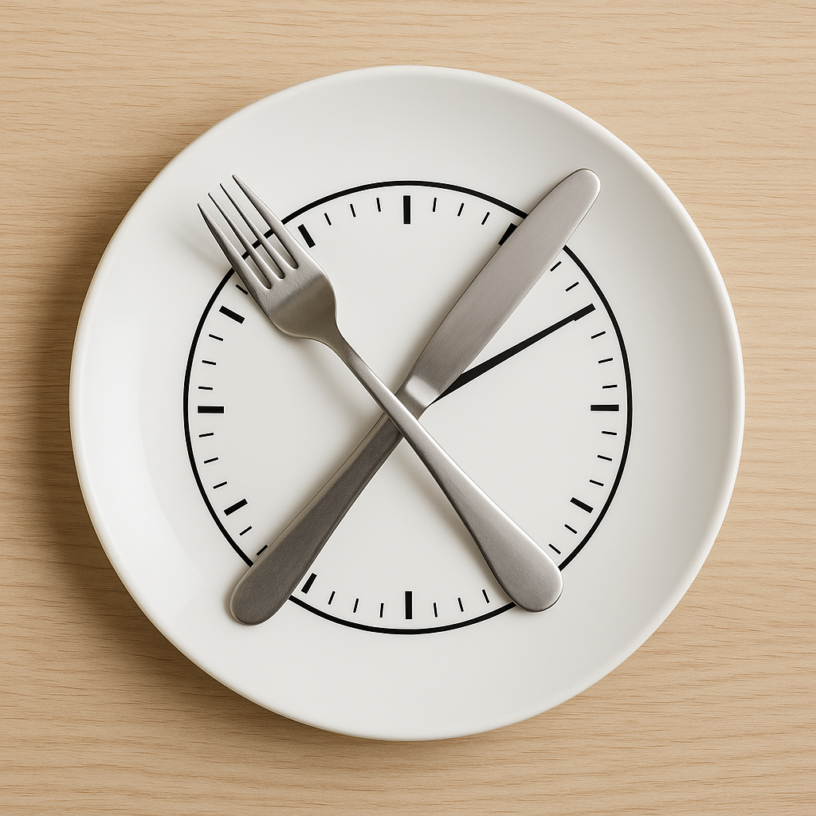 Two years ago, I had covid for the third time. I have never once had a positive test, but I’m fairly sure I am simply incompetent at taking them. The symptoms were unmistakable each time. The first time I caught covid, in March 2023 when nobody knew what the symptoms were and lateral flow tests didn’t exist, we weren’t sure it was covid but as I told people, I have never been that sick for so long before or since. It flattened me in a way no illness ever had. Six months later, there was a superspreader event at work where everyone in the room caught it except me and one other person who’d already had it, and that was when I was sure. The second time I caught covid, with some immunity from the previous round and a vaccination, it was exactly the same but a bit less severe and a bit shorter (seven days instead of ten).
Two years ago, I had covid for the third time. I have never once had a positive test, but I’m fairly sure I am simply incompetent at taking them. The symptoms were unmistakable each time. The first time I caught covid, in March 2023 when nobody knew what the symptoms were and lateral flow tests didn’t exist, we weren’t sure it was covid but as I told people, I have never been that sick for so long before or since. It flattened me in a way no illness ever had. Six months later, there was a superspreader event at work where everyone in the room caught it except me and one other person who’d already had it, and that was when I was sure. The second time I caught covid, with some immunity from the previous round and a vaccination, it was exactly the same but a bit less severe and a bit shorter (seven days instead of ten).
But this third bout left me in a hole. The classic symptoms went away after a week, but the exhaustion stayed. I tried going back to work, only to end up napping in my car at lunchtime and sitting at my desk like a zombie. Three weeks of this, and I was losing my mind.
A Friend’s Theory
I sent an article about long covid to a friend of mine who had had a CFS-like illness for a year some time ago. He’s not a doctor, but he’s one of those clever people who reads deeply and thinks in systems. His view was that in some people, covid triggers an autoimmune reaction that never quite switches off, resulting in ME/CFS-type symptoms.
He warned me that graded exercise therapy – the slow build-up of activity – is a terrible idea for this sort of condition. In his case, the only thing that had helped was absolute rest. At one point, he had even stopped eating to reduce the body’s energy demands.
The Idea
That caught my attention. I’d read before about two related ideas:
-
Calorie restriction—where people eat drastically fewer calories in hopes of extending their lifespan, based on studies showing it slows down metabolism and reduces “unnecessary” processes like cell division.
-
Intermittent fasting—where extended breaks between meals trigger the body to recycle white blood cells, potentially “resetting” aspects of the immune system.
Both concepts have their fandoms, with reddits abundant and a plethora of research articles suggesting some kind of evidence base to their theories. Reviewing it all again, I decided to combine them into one programme. My thinking was that if my immune system was stuck in overdrive, shocking my body into a low-resource state might make it reset itself.
The Method (or “Recipe”)
Here’s what I did, which you can season to taste:
-
Calorie limit: Under 1,000 calories a day
-
Eating window: Six hours, roughly 2 pm–8 pm
-
Duration: Four days
-
Activity: Minimal.
Example meals:
-
Mashed potato with cheese and gravy
-
Lentil soup with bread and butter
-
Greek yoghurt with chopped nuts and honey
Everything I ate was chosen to be filling and high in protein and fat, to keep me comfortable within the calorie limit. I also took a daily multivitamin.
I won’t pretend it was pleasant. Moments of hunger were largely limited to the couple of hours at lunchtime when my body was telling me I needed to eat. It did make me incredibly weak though, and I found myself spending most of the day lying limply on my bed flicking through Twitter – couldn’t concentrate on writing an email or doing any work. I felt cold all the time. I left the house most days for a short walk to keep myself from going stir-crazy and it felt like walking through treacle.
The Result
Based on what I’d read, when starved of resources, the body uses up its glycogen reserves within 48 hours and then starts contingency measures including burning fat and shutting down processes it thinks you can live without. So I calculated after four days of this, I would either feel better or we’d have to rethink the science. I therefore implemented the programme over a weekend knowing I had a conference in Birmingham on the following Wednesday and that would be a good opportunity to see if anything had worked. So I took up eating three meals a day again on Tuesday, to get my strength up for the conference. The day of the conference, I drove three hours there and back, walked around all day, and felt… fine. The crushing fatigue was gone. I worked a full day the next day without naps, without the sense of being pressed into the ground. I weighed myself the day I returned to work and after my week off from food, I had actually gained a pound (which makes complete sense in terms of the way the body reactions after periods of starvation).
It has now been two years, and the exhaustion never came back. I also haven’t had covid since, either, though I imagine that’s a coincidence.
Why It Might Work
I went back to my friend who was fairly shocked that this had actually worked, because his own ideas contradicted modern medical recommendations and on top of that my theory sounded like it came from some quack homeopathic nutritionist. But after four days of this recipe, I was up and about when a week prior I was in bed exhausted from the effort of my sedentary desk job. The only thing that changed in that period was my diet.
My theory: after about 48 hours without significant calorie intake, your body burns through its glycogen reserves and begins shifting into other modes of energy conservation. This includes breaking down fat for fuel and temporarily shutting down processes that aren’t critical for survival. Some research suggests this period of “resource triage” can prompt your immune system to destroy old or overactive white blood cells and replace them with fresh ones.
The idea, very loosely, is that if your immune system is stuck in a chronic inflammatory state after covid, this enforced reset could help. But this is speculative – it worked for me, but I don’t imagine many doctors will recommend it.
Caution
This is not medical advice. Rapid calorie restriction can be dangerous for people with certain health conditions or nutritional needs. If you want to try it, read up on intermittent fasting and calorie restriction first, and consider speaking to a healthcare professional.
I was otherwise healthy before this—never broken a bone, never stayed in hospital, never had time off work for more than a cold—so my risk level was lower. If you have found your way to this post through desperation and AI, your situation may be different, and your mileage may vary. But I wouldn’t be releasing this to the public sphere if I didn’t think there was something to it that might be able to help you.
Best of luck!

